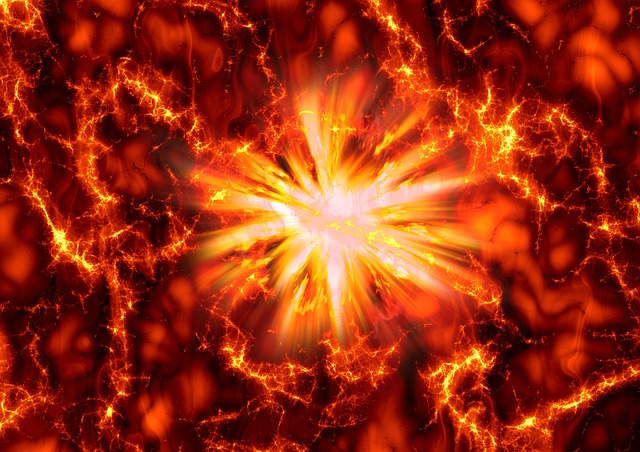
Eminent physicists all around the world believe that it was the big bang which resulted in the creation of our universe. Now, a team of physicists at the Harvard University has revealed that another big bang will result in the end of our universe.
According to physicists, the destabilization of Higgs Boson quantum particle could lead to an explosion of energy that could consume everything present in the known universe. The researchers revealed that this second big bang will be too huge shattering all the existing laws of physics and chemistry. The study is published in the journal Physical Review D.
Second big bang in extremely distant future
In their research report, Harvard University physicists also indicated a timeline in which the second big bang will take place. The event will happen after 10 quinquadragintillion years. The study team also hinted that there is at least a 95 percent chance that the second big bang event will take place sooner than the predicted timeline.
"We wanted to fix all the previous approximations and get the exact date as pinned down as we could," said Andreas Andreassen of Harvard University and the lead author of the study, Outer Places reports.
All you need to know about Higgs Boson particle
The Higgs Boson particle was first discovered during an experiment in the large halogen collider. While smashing subatomic protons, researchers identified Higgs Boson particle and realized that it had a specific mass. Apart from its specific mass, it gives mass to other particles as well.
If the mass of Higgs Boson particle gets changed, it would tear apart elements causing the big bang. Adding to that, researchers also revealed that the particle's collapse might have already been started. Interestingly, Higgs Boson is such a mysterious particle that the modern science is not sure where exactly it can be found in the universe.








